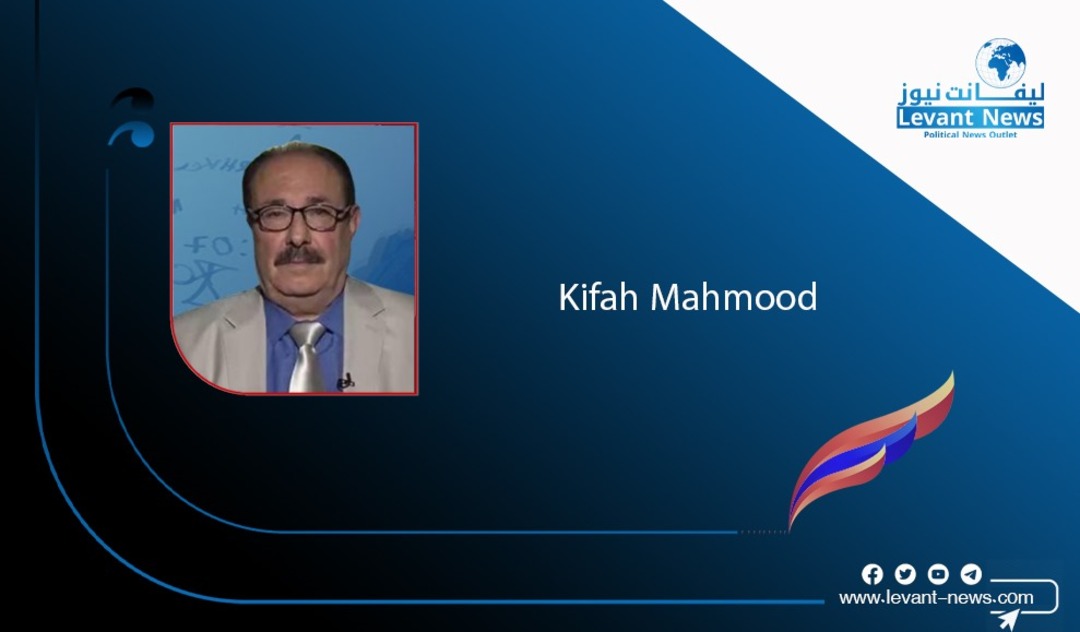-
Kurdistan After Eight Years of the Referendum: Between Popular Determination and International Betrayal

It has been eight years since the independence referendum was held in the Kurdistan Region of Iraq on September 25, 2017. This historic event marked a strategic turning point in the Kurdish political trajectory. The referendum was not an emotional gamble or a political whim; rather, it was the culmination of a long-standing accumulation of frustration and despair over Baghdad’s policies, chronic procrastination in implementing the Iraqi constitution—especially concerning Article 140 on disputed territories, as well as issues related to oil, gas, and budget allocations. It also involved the repeated obstruction of establishing the Federal Council and the Supreme Constitutional Court. Consequently, the referendum represented a dual expression: on one hand, a realization of the right to self-determination guaranteed by international law; and on the other hand, a practical protest against Baghdad’s ongoing violations of the constitution and its breach of the partnership essential for establishing a democratic federal Iraq.
Eight years later, the causes that drove the Kurds to hold the referendum remain, and in fact, have worsened. The budget file continues to be a tool of political blackmail used against the region; oil exports remain a core point of contention with Baghdad. As for Article 140, it remains mere ink on paper—its issues, especially concerning Kirkuk and other disputed areas, have yet to be resolved. Moreover, the relationship between Baghdad and Erbil has seen direct, unconstitutional interventions by Popular Mobilization Units (PMU) backed by Iranian logistics—culminating in the events of October 16, 2017, and the subsequent displacement of over a quarter of a million citizens from Kirkuk, Sinjar, and Qandil to the region’s cities, along with hundreds of casualties and widespread looting. Despite these flagrant violations of the constitution, those involved have not been held accountable.
Surprisingly, the United States and the European Union—who have long championed the right to self-determination and closely monitored the referendum—have denied its results and opposed it under the pretext of preserving Iraq’s unity. This shift was not driven by morality or legality but by pragmatic interests related to their regional and national strategic calculations. The United Nations also limited itself to observation, disregarding the fact that 92% of the participants voted in favor of independence, with over 80% voter turnout.
As for Turkey, despite its deep ties with the Kurdistan Region and its leader, President Masoud Barzani, it opposed the referendum, citing internal fears regarding the Kurdish issue within its own borders and concern over the referendum’s impact on its Kurds. Yet, following the vote, Turkey’s economic and political relations with the region continued and even developed pragmatically.
The punitive measures taken by Baghdad against the region after the referendum—including threats against Erbil itself—clashed with the resilience of the Peshmerga, showcased notably in the battles of Tanj Kurdi and Sulaimaniya. This resilience was not solely military; it was symbolic, asserting that the will of the Kurdish people cannot be easily broken. Nevertheless, the price was high: losing control over strategic areas like Kirkuk and Sinjar, and wounding the collective Kurdish memory with scenes of displacement and exile.
Despite these immediate losses, the Kurdish leadership, represented by President Masoud Barzani and supported by President Nêçîrvan Barzani and Prime Minister Masrour Barzani, managed to turn the aftermath of political failure into economic and infrastructural successes. During recent years, the region witnessed a boom in infrastructure, notable improvements in public services, and the establishment of a solid international network with Gulf countries, European nations, and the United States. Alongside this historic leadership, a new generation of young leaders emerged, taking the initiative to manage economic and financial files and leading significant transformations despite near-blockades, salary cuts, and the halt in oil exports since 2023. This youthful presence injected renewed energy into the Kurdish experience, proving the region’s capacity to develop alternatives even under the bleakest circumstances.
Today, it can be said that although the referendum failed to immediately achieve its intended goal, it succeeded in cementing the idea of independence as a firm strategic option within the collective Kurdish consciousness. It reaffirmed that the relationship between Baghdad and Erbil cannot continue on the basis of dependency or unequal bargaining. The referendum reoriented the Kurdish political movement’s compass—from merely claiming constitutional rights within Iraq—to seriously contemplating an independent future—potentially in the long term.
The Kurdish street, which emerged from the referendum experience more convinced of the necessity of independence, now recognizes that the international community will not grant its rights easily. It must rely on internal unity, strengthening institutions, and leveraging economic and political successes to enhance its regional position. Here, the role of the Kurdish leadership is crucial: they have managed to preserve the Kurdish entity despite the siege, guarding their political project against numerous challenges.
Kifah Mahmud
You May Also Like
Popular Posts
Caricature
opinion
Report
ads
Newsletter
Subscribe to our mailing list to get the new updates!




















